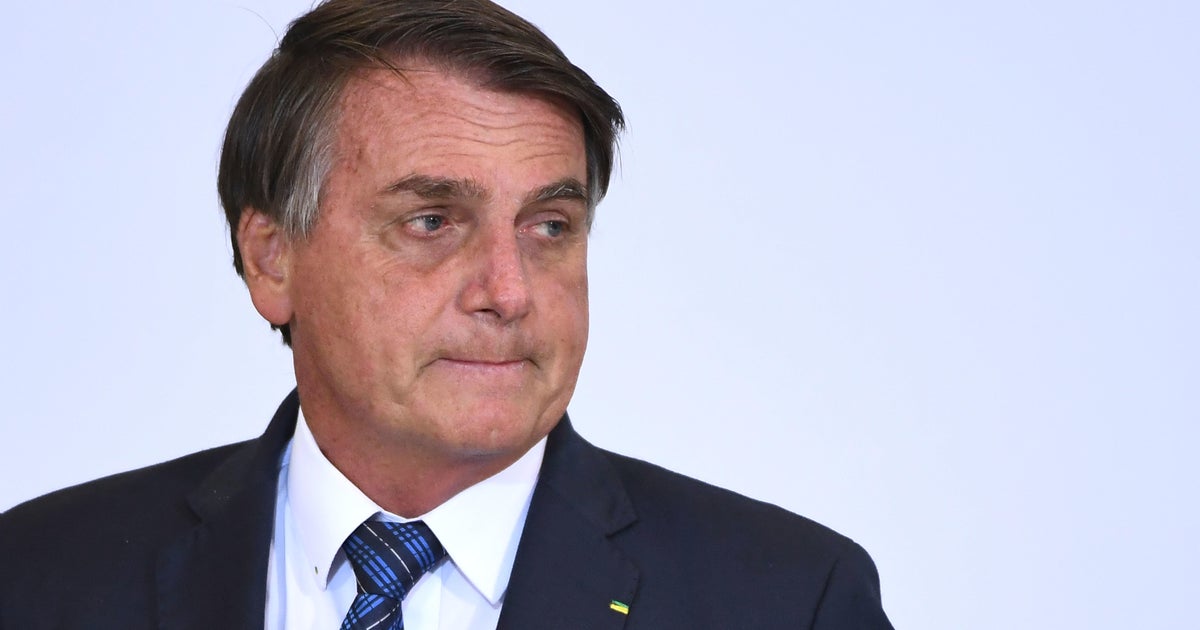LONDON -- Britain’s new Labour Party government announced 63 billion pounds ($82 billion) in investment in U.K. artificial intelligence, life sciences, infrastructure and technology on Monday at a business summit attended by executives from major international companies — though it was the absence of Elon Musk that made headlines.
Prime Minister Keir Starmer ’s center-left administration is eager to attract investment into Britain’s sluggish economy and to convince corporations that its push to improve workers’ rights won’t come at the expense of businesses. It also needs to reassure trade unions, key Labour backers, that wooing business won’t come at workers’ expense.
Starmer told about 300 executives from banks, investment firms, pharmaceutical companies, tech and media firms and others that after several years of economic and political turmoil and “policy churn” under the Conservatives, Britain is once again a stable place for investors.
“This is the moment to back Britain,” he said, pledging to oversee a “hard-headed” industrial strategy and “galvanize growth” by slashing unnecessary regulation, especially around planning.
“We will rip up the bureaucracy that blocks investment,” Starmer said.
Unions worry that may mean lowering standards on health, safety and the environment, a claim the government denies. Technology Secretary Peter Kyle said reducing red tape did not mean “cutting corners or lowering standards, but making sure that the government takes on some of the burden of compliance so that our nation can benefit.”
A sign of the tensions facing the government as it tries to please both employers and employees came after Transport Secretary Louise Haigh last week urged people to boycott P&O Ferries, which in 2022 fired 800 seafarers to replace them with cheaper contract staff.
Its parent company, Dubai-based DP World, reportedly threatened to pull out of the investment conference because of the remarks. After Starmer rebuked Haigh and reassured the company that hers was “not the view of the government,” DP World confirmed Monday it would invest in a 1 billion pound ($1.3 billion) expansion of the London Gateway container port.
Other deals announced Monday included a life sciences incubator supported by pharma firm Eli Lilly, several new data centers backed by U.S. firms, a new research and development campus for Imperial College London, an expansion of Stansted Airport near London and a new freight ferry port in eastern England.
Treasury chief Rachel Reeves also announced the establishment of a new National Wealth Fund — a beefed-up version of the U.K. Infrastructure Bank — to funnel public and private investment into clean-energy industries.
Business executives attending the summit were rubbing shoulders with government ministers at London’s magnificent medieval Guildhall before being treated to British pomp and pop during a reception at St. Paul's Cathedral attended by King Charles III, with a performance by Elton John.
Not among them was Musk, whose social media platform X was used to spread false information during the anti-immigrant violence that erupted in Britain this summer. Musk himself posted messages insulting Starmer and saying the U.K. was headed for civil war.
After the BBC reported in September that Musk would not attend the investment summit, the Space X and Tesla boss posted on X: “I don’t think anyone should go to the UK when they’re releasing convicted pedophiles in order to imprison people for social media posts.”
He was apparently referring to the government’s decision to release hundreds of inmates — though not sex offenders — early because of overcrowded prisons.
Kyle, the technology secretary, denied Musk had been snubbed for political reasons.
“Elon Musk has never come to any of the past investment summits that have been held under the previous government, he doesn’t tend to do these sort of events,” Kyle said.
“But I stand absolutely ready to engage with him, to talk about any potential global investments he’s making. I’m not aware of any at this moment in time.”

 1 month ago
5
1 month ago
5










 English (US) ·
English (US) ·